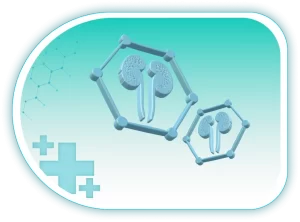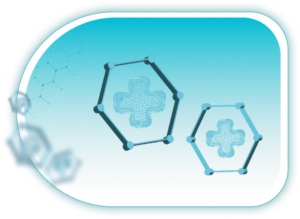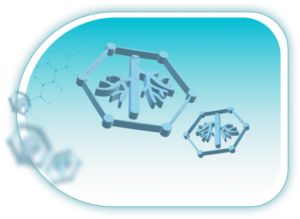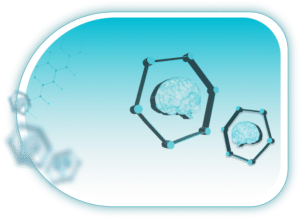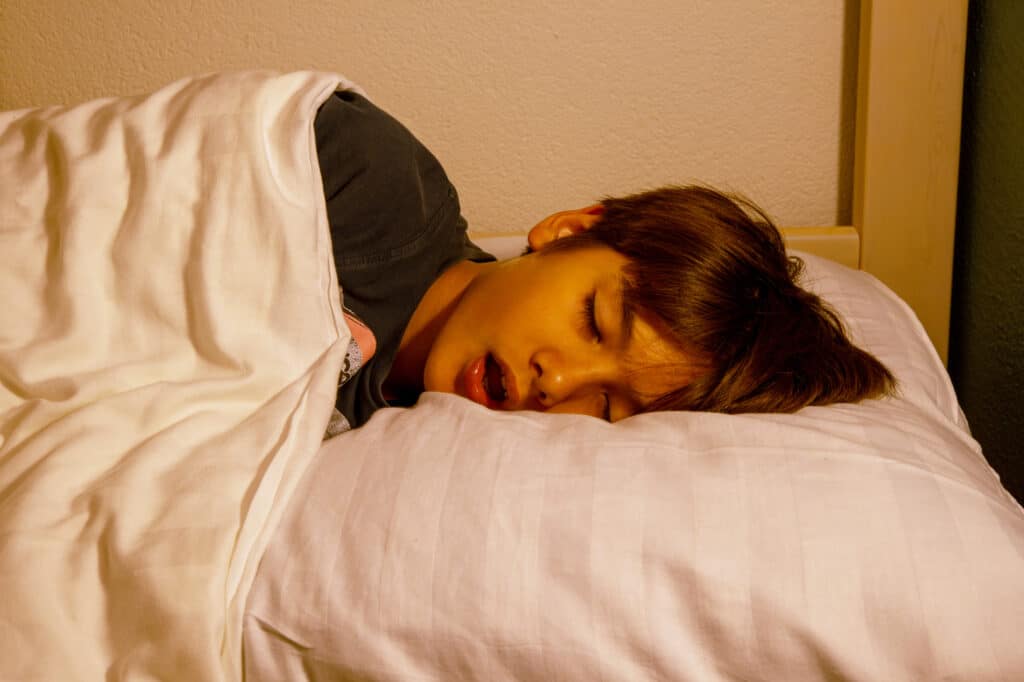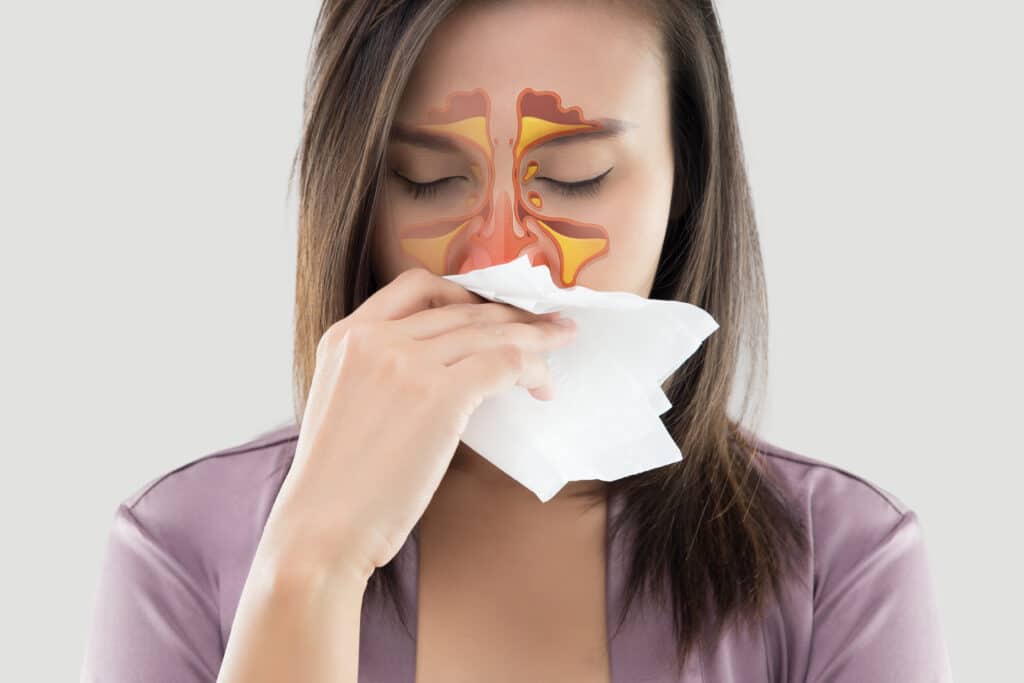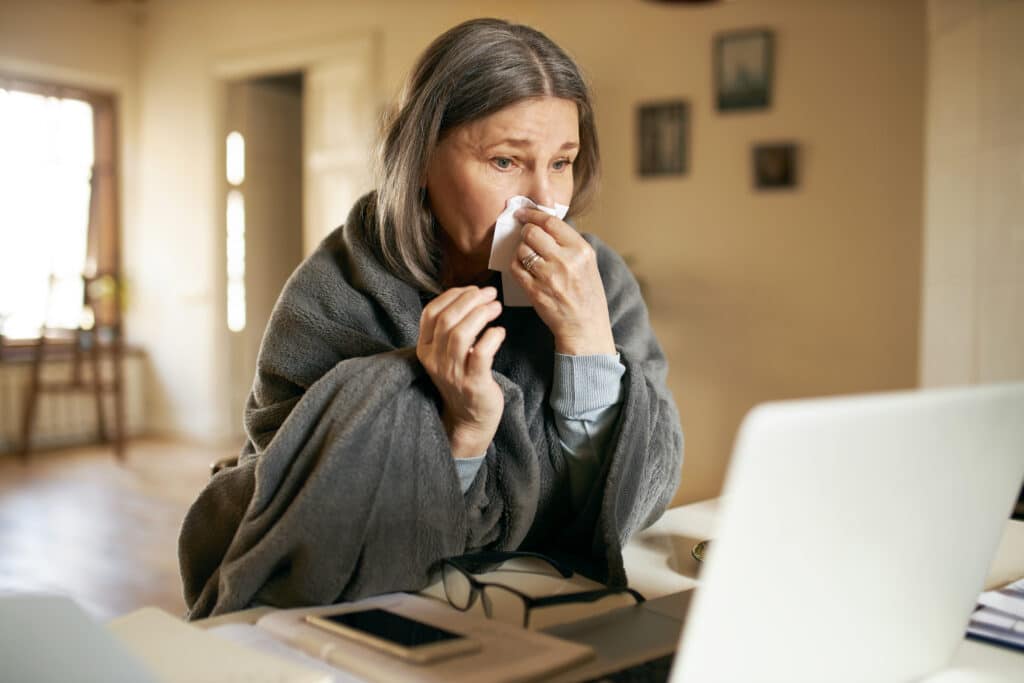Homeopathy is a holistic system of medicine that has been gaining popularity in recent years. With a focus on natural remedies and individualized treatment plans, it offers an alternative approach to healthcare. In this comprehensive guide, we will explore the principles and philosophy of homeopathy, shedding light on what makes it unique and how it differs from conventional medicine.
Understanding Homeopathy
Homeopathy, created by Samuel Hahnemann in the late 18th century, is based on two fundamental principles: the law of similars and the law of minimum dose.
- Law of Similars: This principle, known as “like cures like,” is the foundation of homeopathy. It suggests that a substance that can produce symptoms in a healthy person can also cure similar symptoms in a sick person. In other words, a diluted substance that causes symptoms in a healthy individual can stimulate the body’s vital force to heal similar symptoms in a patient.
- Law of Minimum Dose: Homeopathic remedies are highly diluted substances, often to the point where the original substance is virtually undetectable. The belief is that as a substance is diluted and succussed (shaken vigorously), its curative powers are enhanced while its potential for toxicity is minimized. This makes homeopathic remedies safe and devoid of side effects.
The Vital Force
Central to homeopathy is the concept of the “vital force,” a life energy that maintains health when in balance but can become disrupted, leading to illness. Homeopathic remedies are believed to stimulate this vital force, prompting the body’s innate ability to heal itself.
Individualized Treatment
One of the distinctive features of homeopathy is its emphasis on individualized treatment. Homeopaths consider not only the physical symptoms but also the emotional and mental aspects of a person’s health. They conduct detailed consultations to understand the patient’s unique constitution, temperament, and specific symptoms, which guide the selection of an appropriate remedy.
The Homeopathic Remedy
Homeopathic remedies come from various sources, including plants, minerals, and animal products. These substances are diluted and potentized through a series of dilutions and successions to create the final remedy. Remedies are prescribed in highly individualized doses, tailored to the patient’s specific symptoms and constitution.
Conditions Treated with Homeopathy
Homeopathy is used to address a wide range of acute and chronic conditions, including:
- Respiratory ailments: Such as allergies, asthma, and bronchitis.
- Digestive disorders: Including irritable bowel syndrome (IBS) and gastritis.
- Skin conditions: Like eczema, psoriasis, and acne.
- Musculoskeletal issues: Such as arthritis and back pain.
- Mental health concerns: Including anxiety, depression, and insomnia.
- Women’s health: Covering menstrual disorders, menopause, and fertility issues.
- Pediatric ailments: Like colic, teething problems, and recurrent infections.
Safety and Regulation
Homeopathic remedies are generally considered safe due to their highly diluted nature. They are available over the counter and do not require a prescription. However, it’s crucial to consult a qualified homeopath for chronic or serious conditions to ensure appropriate diagnosis and treatment.
Criticism and Controversy
Homeopathy has faced criticism from some quarters, primarily due to its highly diluted remedies and the absence of scientific evidence supporting its effectiveness beyond a placebo effect. Critics argue that homeopathic treatments may delay necessary conventional medical interventions in severe cases.
The Placebo Effect
One of the challenges in assessing homeopathy’s efficacy is the placebo effect. Studies have shown that some patients experience improvement in their condition after taking homeopathic remedies, possibly due to the power of suggestion or belief in the treatment. This complicates efforts to determine the true effectiveness of homeopathy in clinical trials.
Conclusion
Homeopathy is a unique system of medicine that relies on the law of similars, the law of minimum dose, and the vital force to stimulate the body’s innate healing abilities. While it has a long history and a dedicated following, it remains a subject of debate and scrutiny in the medical community.
If you are considering homeopathic treatment, it’s essential to consult a qualified and experienced homeopath who can provide a thorough assessment and personalized care plan. Additionally, for serious or life-threatening conditions, it’s crucial to seek conventional medical care and use homeopathy as a complementary approach, if desired.
In the realm of healthcare, the choice between conventional medicine and alternative therapies like homeopathy is a deeply personal one. It’s essential to make informed decisions based on your individual health needs and beliefs, always prioritizing your well-being and seeking the guidance of qualified professionals when necessary.

